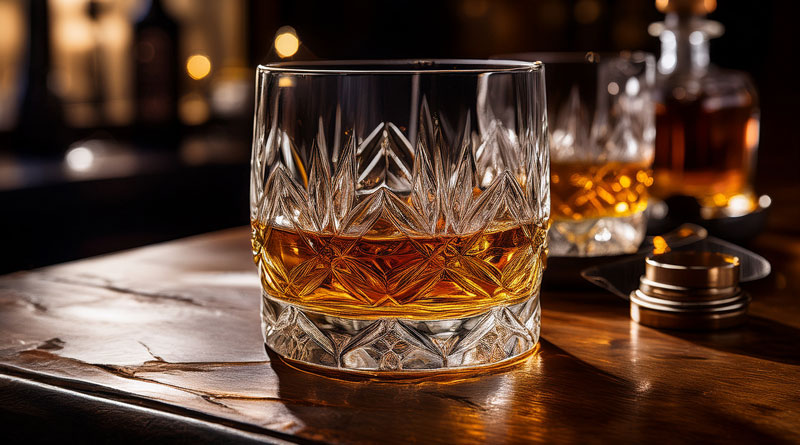Inflation Hit To Spirits Hurts Consumer Spending And The Public Purse, New Research Finds

New research from the Scotch Whisky Association (SWA) has found that the price of alcohol made a significant contribution to inflation during 2025, adding to fears that consumers will be pushed to pay more for goods in the lead up to the festive season. Research conducted by the trade body, which represents the UK’s biggest food and drink export, also shows that government borrowing is likely to rise sharply in line with further increases to alcohol duty.
Analysis of recent figures from the Office for National Statistics (ONS) confirm that alcoholic beverages alone accounted for £3 in every £100 of inflation rises in the year to August 2025. This follows a 14% rise in alcohol duty over the past two years, and means that around three quarters of the price of an average bottle of Scotch Whisky is paid in tax. The Scotch and spirits industry, as well as its wider supply chain, have been making the case for urgent action from the Chancellor Rachel Reeves to halt what it calls “damaging rises” to alcohol duty, which would support the industry and boost cross-sector growth.
Further analysis has found that for every 1% increase on alcohol duty announced in the forthcoming Budget, government borrowing costs will rise by £90m next year. A move to support spirits like Scotch Whisky with concerted action in the Autumn Budget will mean that the sector is better geared to support growth whilst saving the public purse over £300m.
The insights come at a time when the UK Government is under significant pressure to deliver growth and ease the pressure on consumers amid a flatlining economic outlook, with recent figures showing that inflation has remained at 3.8%. Excise duty is one of very few areas directly influenced by UK Government policy as a lever to shift inflation.
The SWA has consistently pointed to the government’s own receipts which show how two years of duty rises have led to a decrease in Treasury revenue that is £600m short of OBR forecasts. With consumer confidence in crisis, recently published data from HMT also reveals that revenue from spirits duty was down 17% in September compared to the same time last year.
Commenting on the research findings, Mark Kent, Chief Executive of the Scotch Whisky Association, said:
“The numbers are compelling: increasing alcohol duty drives up prices for consumers, it drives down business confidence, and dries up public finances. The Chancellor herself has said she’s not satisfied with the recent inflation levels, and this research shows just how much the soaring spirits tax contributes to those figures.
The wide-ranging support we’ve seen across a variety of sectors for action on spirits duty is testament to the damage that multiple duty hikes do to businesses’ growth prospects and stability. A freeze on excise duty in the Autumn Budget will not only give businesses confidence in their domestic market, but will take pressure off of consumers in the run-up to the festive season, and cut Treasury borrowing costs in 2026 and beyond.”
